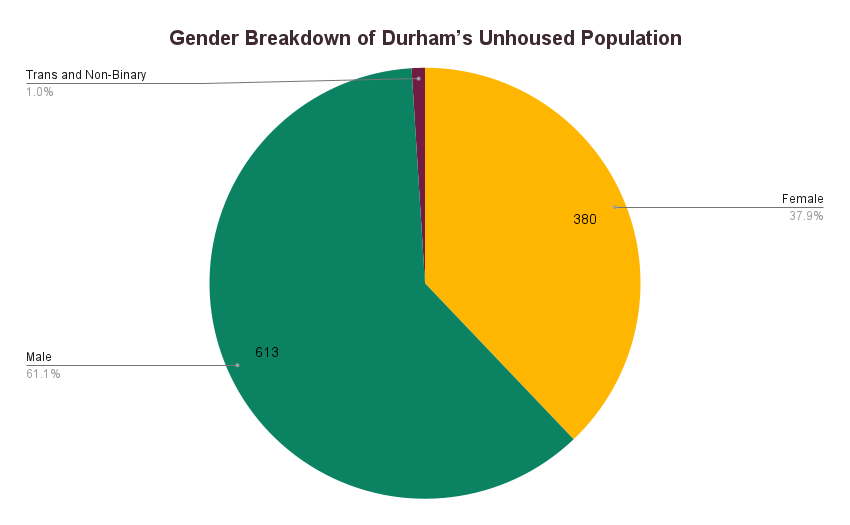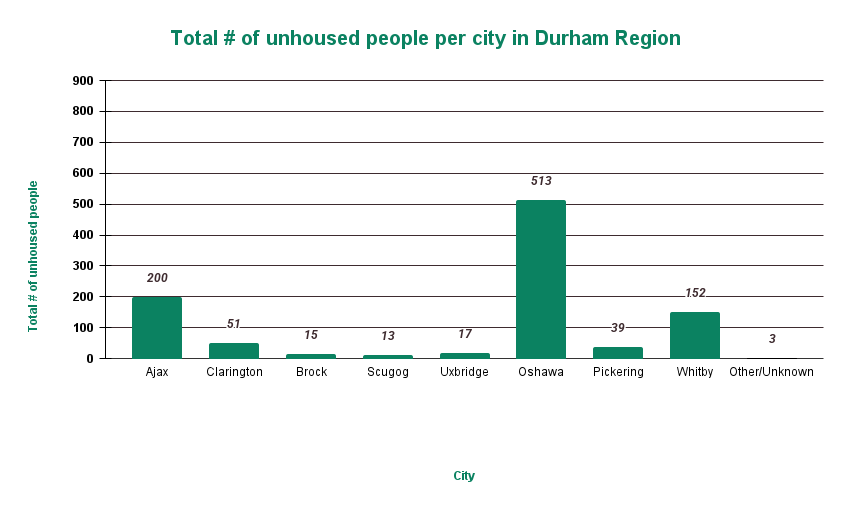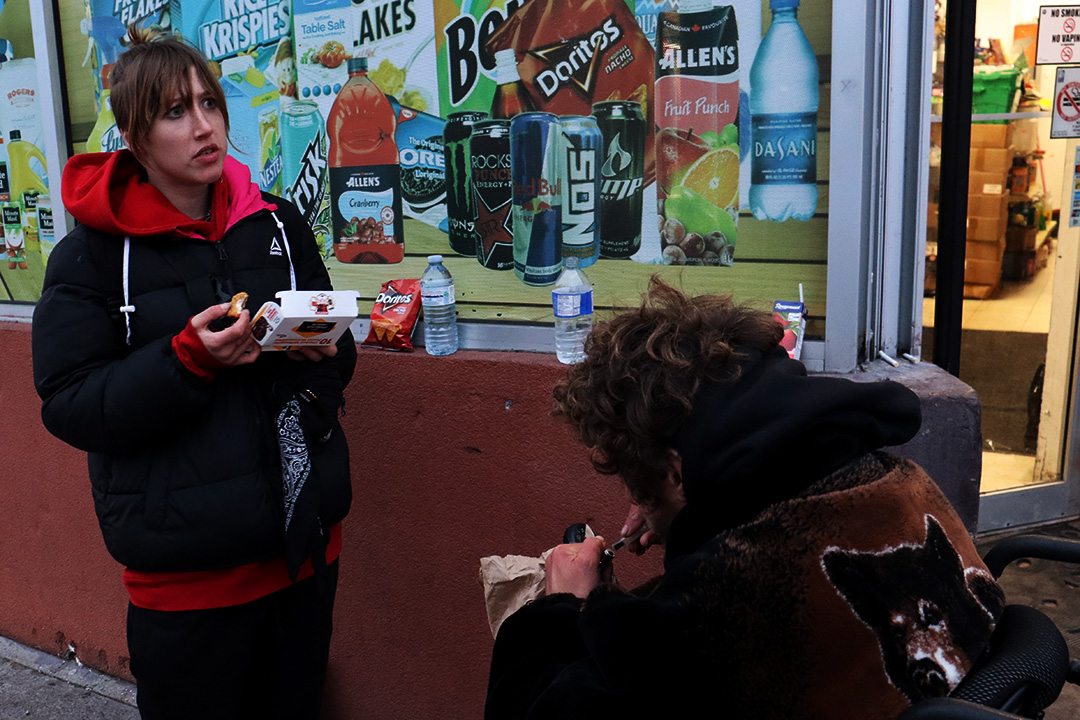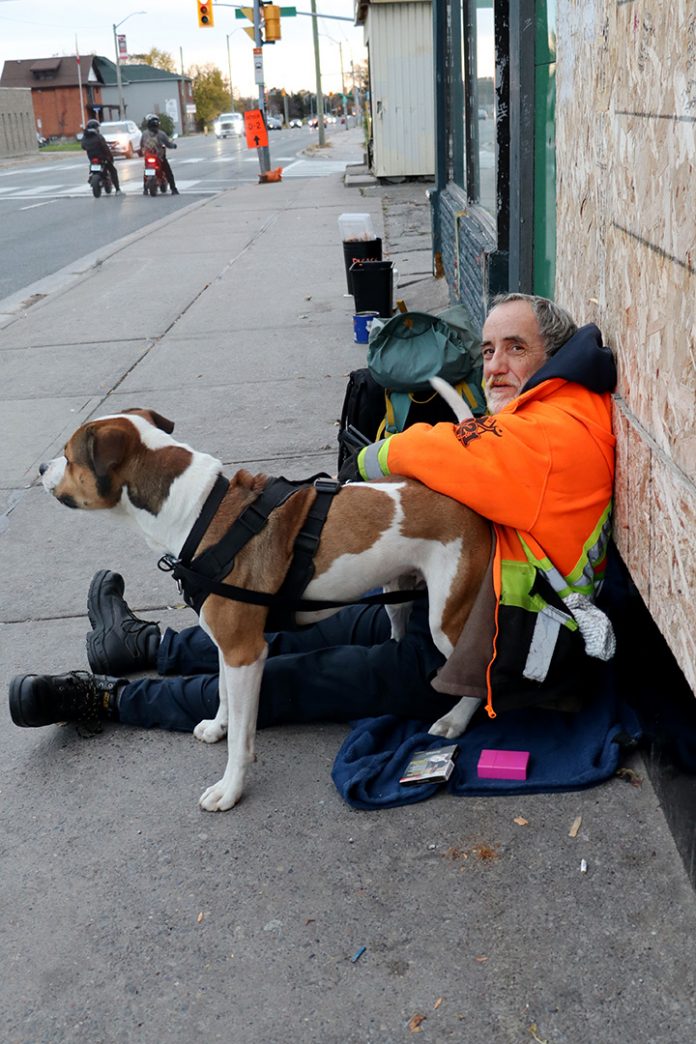A recent bill aimed at ending homelessness in Ontario did not pass in the provincial legislature but its authors hope their recommendations get included in future policies.
The bill aimed to establish a provincial strategy to end homelessness within 10 years, as Ontario remains one of the few provinces without such a plan. Instead it has delegated that responsibility to municipalities.
The Homelessness Ends with Housing Act was co-sponsored by Liberal MPP Lee Fairclough (Etobicoke—Lakeshore) and Green MPP Aislinn Clancy (Kitchener Centre).
Clancy said she’s hopeful the federal government will incorporate elements of the proposal into future policy.
“It really was great to get a conversation started,” she said.
Bill 28 proposed five key measures:
- The creation of a data collection system to monitor the needs of unhoused people
- Housing targets to improve affordability, including a plan to build “deeply” affordable rental units, defined as those costing no more than 30 per cent of a person’s gross income
- Adoption of a Housing First approach
- Greater investment in supportive housing
- Expanded targeted financial assistance through increased funding for the Canada–Ontario Housing Benefit (COHB), a monthly direct payment supporting low-income households
The authors of the Bill proposed establishing a Homelessness Advisory Committee of up to 11 minister-appointed members, including people with lived experience and representatives from housing advocacy groups.
The minister would also be required to publish an annual report providing a comprehensive overview of homelessness trends and housing availability in Ontario.
Durham’s August Built For Zero Report Card shows at least 1,003 people are experiencing homelessness in the region. Just over 570 of whom have been unhoused for six months or longer. Oshawa has the highest number of unhoused people, with 513 reported and a 23.23 per cent difference between cis-men and cis-women within Durham.

Locally, NDP MPP Jennifer French (Oshawa) and Liberal MPP Rob Cerjanec (Ajax) voted in favour of the bill. Progressive Conservative Lorne Coe (Whitby) voted against it but did not respond to requests for comments.

The Housing First model is already being incorporated in Oshawa and Whitby.
Tyler Frederick, associate professor of Criminology and Justice at Ontario Tech University, explained the model was developed by Greek-Canadian Sam Tsemberis, who proposed immediate access to housing, instead of “making people experiencing homelessness jump through all these various hoops to prove housing readiness.”
Frederick says housing as the foundation provides stability to then “start to tackle some of those bigger things, whether it be kind of mental health challenges or addiction.”

Although the bill lacks specific targets, he highlighted the importance of starting the conversation. “The devil is really in the details,” added Frederick.
He emphasized homelessness is a multi-sectoral challenge because of the overlaps between the health, mental health, addiction and disability support systems.
As a multi-sectoral challenge, he argues the strategy should take a holistic approach and address homelessness through a wider collection of policies.
An example of this is the wraparound services proposed by the Housing First model.
Oshawa mayor Dan Carter said a prime example of that is the Region Park redevelopment in Toronto that is a self-sufficient mixed-income, mixed-use neighbourhood with multi-use facilities in the downtown core.
“It changed the city not only for those who were economically challenged but those that also had an opportunity to live within the city,” he said.
However, Frederick said for any real change to happen it needs focused effort.
“You need a government that really wants to make that change,” he said.
He said hasn’t seen that willingness in the Ford government, nor has Cerjanec.
“But it just kind of meets resistance when you get into the kind of the hard work of actually making some sort of structural changes,” he said, referencing Bill 6, the Safer Municipalities Act.
Frederick argued, as the co-sponsors of the bill in the bill itself, “doing nothing [about homelessness] is not free. There’s an absolutely massive cost to doing nothing because all of these downstream issues associated with homelessness.”
This cost can be anything from jail cells and emergency room beds, to emergency services, police services, and other more long-term interventions.
“The province has just tried to demonize folks who are homeless,” said Cerjanec said.
The vote took place just one week before the federal budget was released on Nov. 4, which proposes the creation of Build Canada Homes, a new federal agency responsible for building affordable housing at scale and speed.




